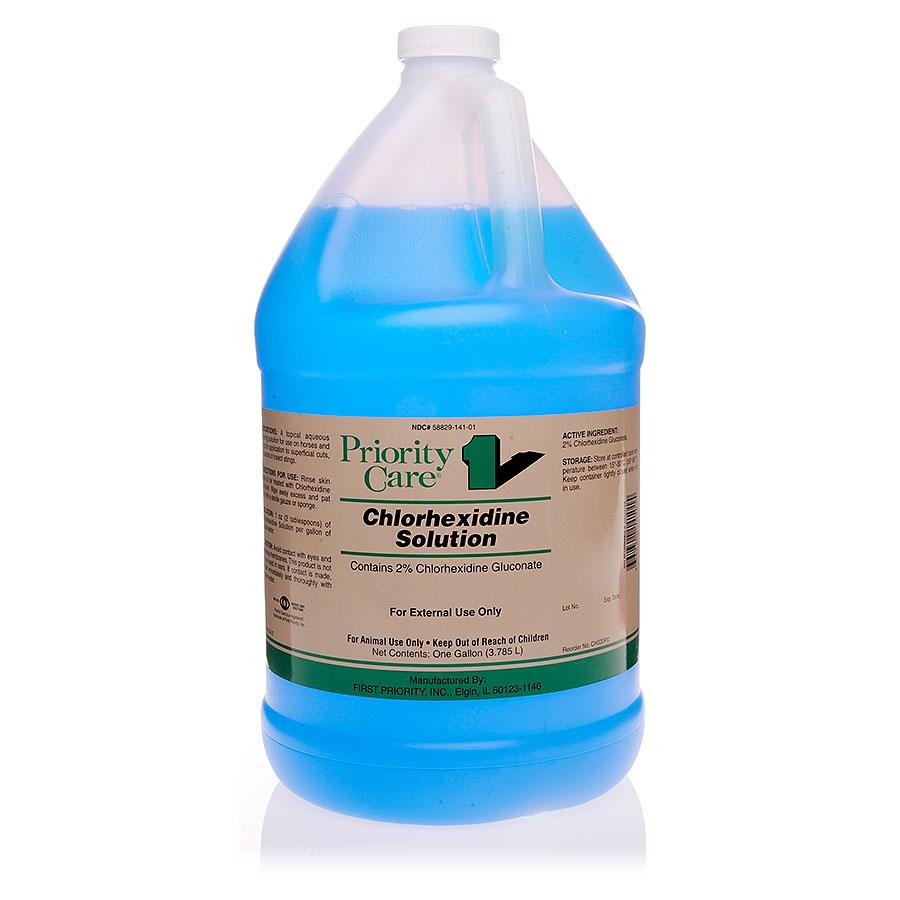Rectal bleeding in dogs
Rectal Bleeding In Dogs. Bleeding from the hind end. Rectal polyps are abnormal tissue growth on the mucous membrane of the rectum. Dogs with rectal polyps usually have formed stools with blood on the surface. The cause is not known but risk factors include stress and hyperactivity and it is seen more often in smaller breeds of dogs.
 8 Causes Of Bloody Diarrhea In Dogs Best Treatments And A Case Study From topdogtips.com
8 Causes Of Bloody Diarrhea In Dogs Best Treatments And A Case Study From topdogtips.com
Definitely vet attention SOON. Colitis an inflammation of the colon that generally causes diarrhea andor constipation. The tear may be partial through the surface layers of skin or a complete tear though all layers of skin. The bloody stool is often referred to as looking like raspberry jam. The causes are varied but it can often result in internal. There may be parasites tumors proctitis or just mild constipation.
When the dog is bleeding from the mouth and anus simultaneously it implies a very serious medical problem.
If gums and tongue become pale and not a normal pink color or the rectal temperature is over 103F 101-102F is normal or your dog becomes lethargic and non-responsive your dog should also see a vet as soon as possible. Bleeding from the rectum is a serious condition in most any species dogs included but the source of the bleeding isnt always the intestinal tract. How do you treat rectal bleeding in dogs. Ulcers in dogs. Although they are benign cancerous changes can occur. If gums and tongue become pale and not a normal pink color or the rectal temperature is over 103F 101-102F is normal or your dog becomes lethargic and non-responsive your dog should also see a vet as soon as possible.
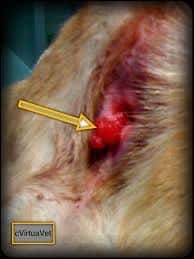 Source: urbananimalveterinary.com
Source: urbananimalveterinary.com
Rectal polyps in dogs can be small or large in size. Common signs of internal bleeding include weakness trouble breathing pale gums a distended abdomen and collapse. Rectal polyps in dogs can be small or large in size. The bloody stool is often referred to as looking like raspberry jam. The causes of bleeding from the mouth in dogs due to gastrointestinal problems include.
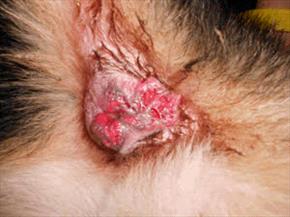
According to the Fairmount Animal Hospital rectal bleeding in dogs can be the result of any number of diseases or disorders of the colon rectum or gastrointestinal tract including anorectal disease rectal prolapse intestinal parasites or colonic ulcers. Answer 1 of 10. This occurs because as the stool passes it causes the polyp to bleed. Infected dogs may have nosebleeds bruises blood in the urine bleeding into the bowel or bleeding of the retina the membrane at the back of the eye. They can occur in the rectum or near the anus and in rare cases the polyps may protrude from the anus and be mistaken for hemorrhoids.
 Source: animalwised.com
Source: animalwised.com
All of the whites had some sort of problem where they couldnt form a solid poop the fawnperfect health. There may be parasites tumors proctitis or just mild constipation. The most common reason a dogs rectum may bleed is due to constipation. The most common cause of rectal bleeding hemorrhoids are swollen veins in the rectum internal hemorrhoids or the anus external hemorrhoids. The rectal bleeding may be the result of a number of problems.
 Source: sweetdoglife.com
Source: sweetdoglife.com
Rectal bleeding in dogs is caused by a problem in the colon rectum or anus. 4 whites 1 fawn. The causes of bleeding from the mouth in dogs due to gastrointestinal problems include. Ulcers in dogs. Answer 1 of 10.
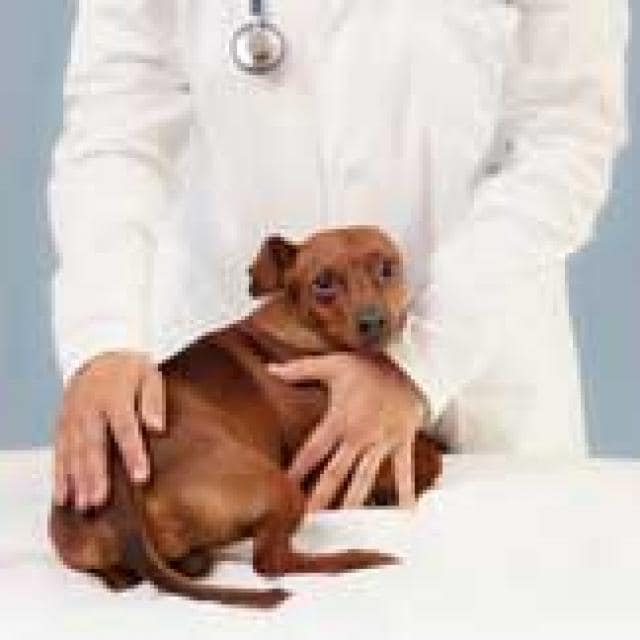 Source: petmd.com
Source: petmd.com
It literally means bleeding and inflammation in the digestive tract. They can occur in the rectum or near the anus and in rare cases the polyps may protrude from the anus and be mistaken for hemorrhoids. Dogs with rectal prolapse have an obvious fleshy tubular mass protruding from the rectal opening. The cause is not known but risk factors include stress and hyperactivity and it is seen more often in smaller breeds of dogs. When the dog is bleeding from the mouth and anus simultaneously it implies a very serious medical problem.
 Source: animalwised.com
Source: animalwised.com
If gums and tongue become pale and not a normal pink color or the rectal temperature is over 103F 101-102F is normal or your dog becomes lethargic and non-responsive your dog should also see a vet as soon as possible. In the dog there are two scent glands located just inside the anus at the 4 and 7 oclock position. When the dog is bleeding from the mouth and anus simultaneously it implies a very serious medical problem. Anytime a dog has bleeding from the rectum vomiting and refuses food he should be seen as it is potentially life threatening. Rectal polyps in dogs can be small or large in size.
 Source: merckvetmanual.com
Source: merckvetmanual.com
The rectal bleeding may be the result of a number of problems. How do you treat rectal bleeding in dogs. Answer 1 of 10. When the dog is bleeding from the mouth and anus simultaneously it implies a very serious medical problem. The rectal bleeding may be the result of a number of problems.
 Source: topdogtips.com
Source: topdogtips.com
Dogs get rectal polyps which can lead to intermittent bleeding. Usually rectal polyps are non-cancerous and the exact cause of this condition is unknown. Feces are usually the only thing that comes from this opening so a pink or red mass is hard to miss. Infected dogs may have nosebleeds bruises blood in the urine bleeding into the bowel or bleeding of the retina the membrane at the back of the eye. The most common reason a dogs rectum may bleed is due to constipation.
Source: justanswer.com
The causes are varied but it can often result in internal. In the dog there are two scent glands located just inside the anus at the 4 and 7 oclock position. Common signs of internal bleeding include weakness trouble breathing pale gums a distended abdomen and collapse. Im going to give you the information on rectal bleeding. The rectal bleeding may be the result of a number of problems.
 Source: justanswer.com
Source: justanswer.com
One of the more common causes of bleeding from the rectum is an anal gland problem. These are lesions in the mucous membrane of the digestive system often caused by the use of medications such as corticosteroids but also by diseases such as kidney or liver failure. Rectal bleeding can be a problem in the rectum or the colon. According to the Fairmount Animal Hospital rectal bleeding in dogs can be the result of any number of diseases or disorders of the colon rectum or gastrointestinal tract including anorectal disease rectal prolapse intestinal parasites or colonic ulcers. Feces are usually the only thing that comes from this opening so a pink or red mass is hard to miss.
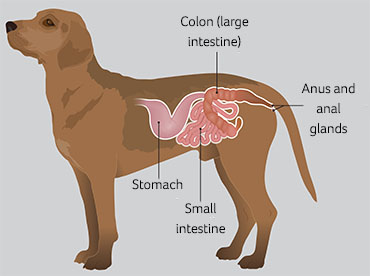 Source: pdsa.org.uk
Source: pdsa.org.uk
Rectal bleeding in dogs partnered with vomiting can be a sign of various conditions or diseases such as. Several days of hospitalization are often required for treatment. The rectal bleeding may be the result of a number of problems. Infected dogs may have nosebleeds bruises blood in the urine bleeding into the bowel or bleeding of the retina the membrane at the back of the eye. When a dog swallows a sharp object such as a needle or bone rectal tears or fissures can occur in the rectum or anus.
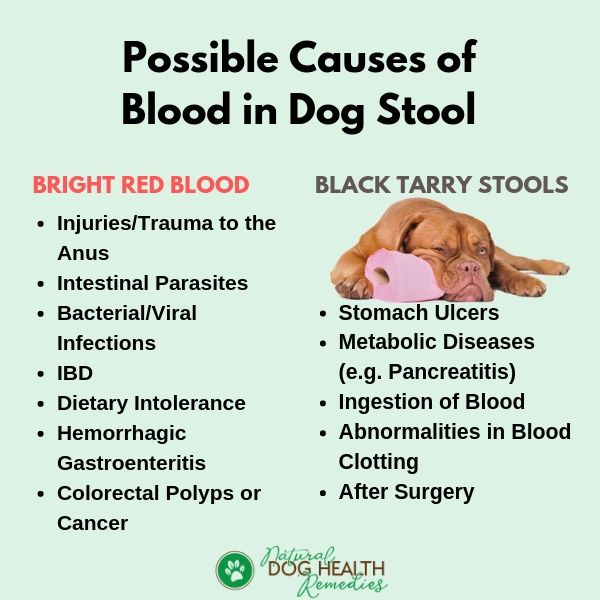 Source: natural-dog-health-remedies.com
Source: natural-dog-health-remedies.com
This occurs because as the stool passes it causes the polyp to bleed. The tear may be partial through the surface layers of skin or a complete tear though all layers of skin. Rectal bleeding in dogs is caused by a problem in the colon rectum or anus. Dogs do not get hemorrhoids as humans do but theyre more likely to get rectal polyps in some cases and this may cause rectal bleeding in dogs. How do you treat rectal bleeding in dogs.
If you find this site good, please support us by sharing this posts to your favorite social media accounts like Facebook, Instagram and so on or you can also save this blog page with the title rectal bleeding in dogs by using Ctrl + D for devices a laptop with a Windows operating system or Command + D for laptops with an Apple operating system. If you use a smartphone, you can also use the drawer menu of the browser you are using. Whether it’s a Windows, Mac, iOS or Android operating system, you will still be able to bookmark this website.

